

The word “sustainability” has gained traction in the last couple of years understandably due to the evident climate change, conscience end-user, and ethical design practices but still, its application in design is not uniform. Jd Institute firmly believes that the next generation of designers is key in making the world a better place to live, no matter even if we develop a colony on Mars (thank you Elon musk ), the earth will still be home.
In the effort of finding industry insight regarding the applicability and profitability around sustainable practices, we invited Ms. Akriti Kumar to talk to our Jediiians.
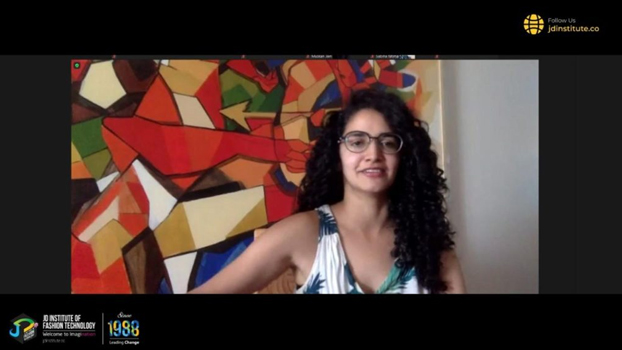
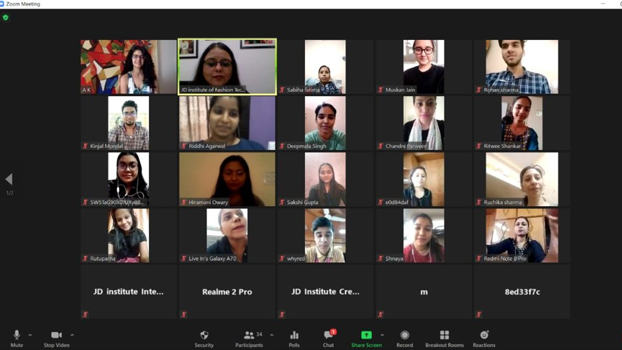
A brief introduction of Ms. Aakriti Kumar-
Aakriti Kumar is an alumna from Parsons school of design, New York. It was there that she got introduced to the world of woodworking along with understanding how important it is for a designer to have a sustainable outlook. Taking all that she had learned she moved back to India after working in Germany after graduation and started her own sustainable furniture design brand in 2015, by the name, Differniture.
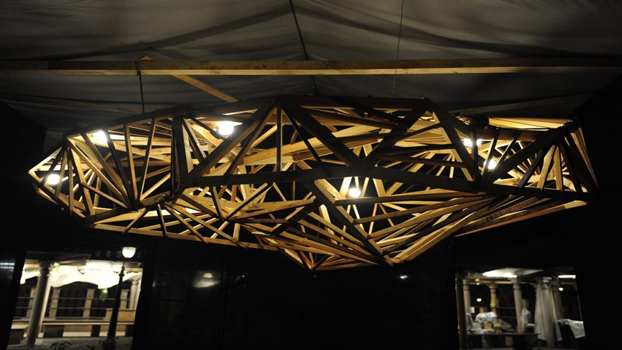
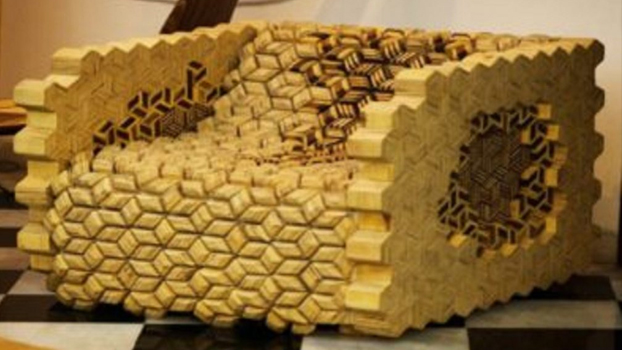
Ms. Aakriti’s sustainable work at Differniture got her several awards and recognition such as the Interior Lifestyle Award for best product designer by Ambiente Frankfurt in 2016, The Perspective magazine, Hong Kong 40 under 40 in Product design in 2017, The Forbes Asia 30 under 30 lists of 2018 to name a few.
The main design philosophy of her brand Differniture is to merge the sculptural integrity of art with the functional values of design into a sustainably manufactured product, with the help of using reclaimed and salvaged materials and adopting a zero or minimal waste design philosophy (and mind you, along with finishing the products using natural and non-toxic oils and waxes).
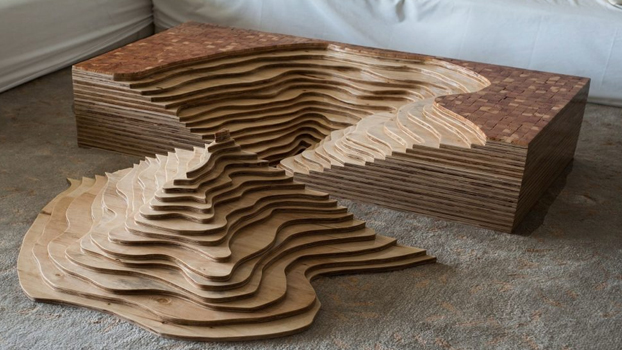
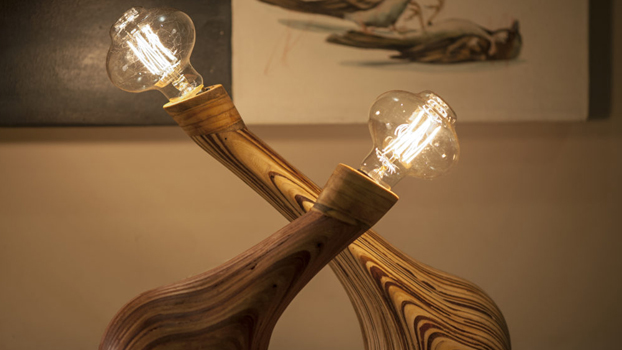
Differniture is in the process of creating homes in the Himalayas following the same philosophy of reclaimed and locally sourced materials, and local artisans and masons from neighboring villages to help in creating an eco-conscious community in the mountains.
Ms. Aakriti’s interaction with jediiians highlighted the following points around zero waste design –
To our Jediiians who missed this session, don’t worry we have it uploaded on our Youtube channel -JD Institute of Fashion Technology- Corporate. Check it out to see and more about Differniture products and their approach towards design.